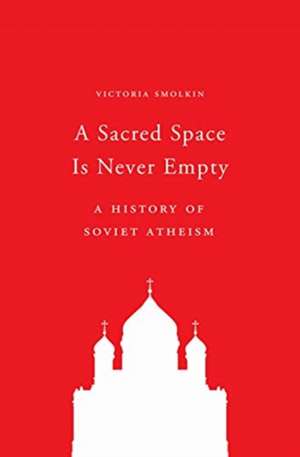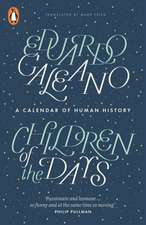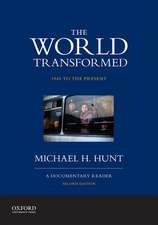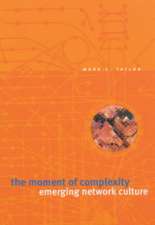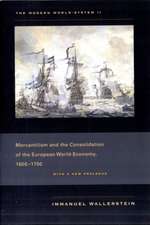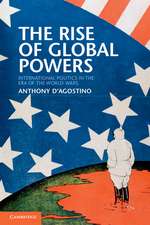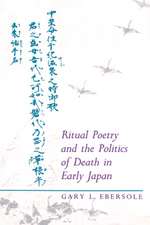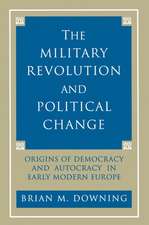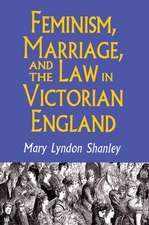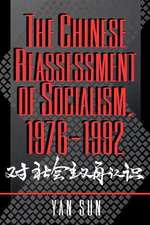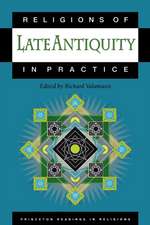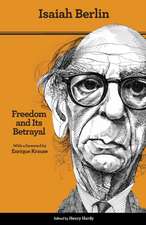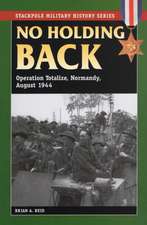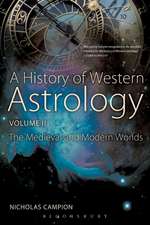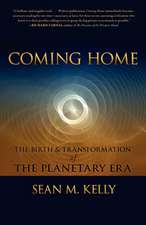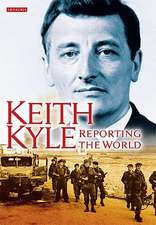A Sacred Space Is Never Empty – A History of Soviet Atheism
Autor Victoria Smolkinen Limba Engleză Paperback – 28 oct 2019
"This splendid book skillfully reveals the changing nature of religion in the USSR, the limits of secularization under Communism, and the important place of spirituality in the twentieth century. Smolkin exposes the striking irony of how Soviet authorities found themselves trying to replicate the spiritual and emotional offerings of religion even as they sought to destroy it."--Paul W. Werth, author of The Tsar's Foreign Faiths: Toleration and the Fate of Religious Freedom in Imperial Russia
"This is a very important book, highly innovative and superbly researched. Smolkin has written nothing less than a history of the making--and subsequent unmaking--of Soviet atheism. A must-read."--Denis Kozlov, author of The Readers of "Novyi Mir": Coming to Terms with the Stalinist Past
| Toate formatele și edițiile | Preț | Express |
|---|---|---|
| Paperback (1) | 281.53 lei 6-8 săpt. | |
| Princeton University Press – 28 oct 2019 | 281.53 lei 6-8 săpt. | |
| Hardback (1) | 415.89 lei 3-5 săpt. | |
| Princeton University Press – 7 iun 2018 | 415.89 lei 3-5 săpt. |
Preț: 281.53 lei
Nou
53.87€ • 56.39$ • 44.84£
Carte tipărită la comandă
Livrare economică 31 martie-14 aprilie
Specificații
ISBN-10: 0691197237
Pagini: 360
Dimensiuni: 152 x 241 x 21 mm
Greutate: 0.52 kg
Editura: Princeton University Press
Notă biografică
Descriere
When the Bolsheviks set out to build a new world in the wake of the Russian Revolution, they expected religion to die off. Soviet power used a variety of tools--from education to propaganda to terror--to turn its vision of a Communist world without religion into reality. Yet even with its monopoly on ideology and power, the Soviet Communist Party never succeeded in overcoming religion and creating an atheist society.
A Sacred Space Is Never Empty presents the first history of Soviet atheism from the 1917 revolution to the dissolution of the Soviet Union in 1991. Drawing on a wealth of archival material and in-depth interviews with those who were on the front lines of Communist ideological campaigns, Victoria Smolkin argues that to understand the Soviet experiment, we must make sense of Soviet atheism. Smolkin shows how atheism was reimagined as an alternative cosmology with its own set of positive beliefs, practices, and spiritual commitments. Through its engagements with religion, the Soviet leadership realized that removing religion from the sacred spaces of Soviet life was not enough. Then, in the final years of the Soviet experiment, Mikhail Gorbachev--in a stunning and unexpected reversal--abandoned atheism and reintroduced religion into Soviet public life.
A Sacred Space Is Never Empty explores the meaning of atheism for religious life, for Communist ideology, and for Soviet politics.
